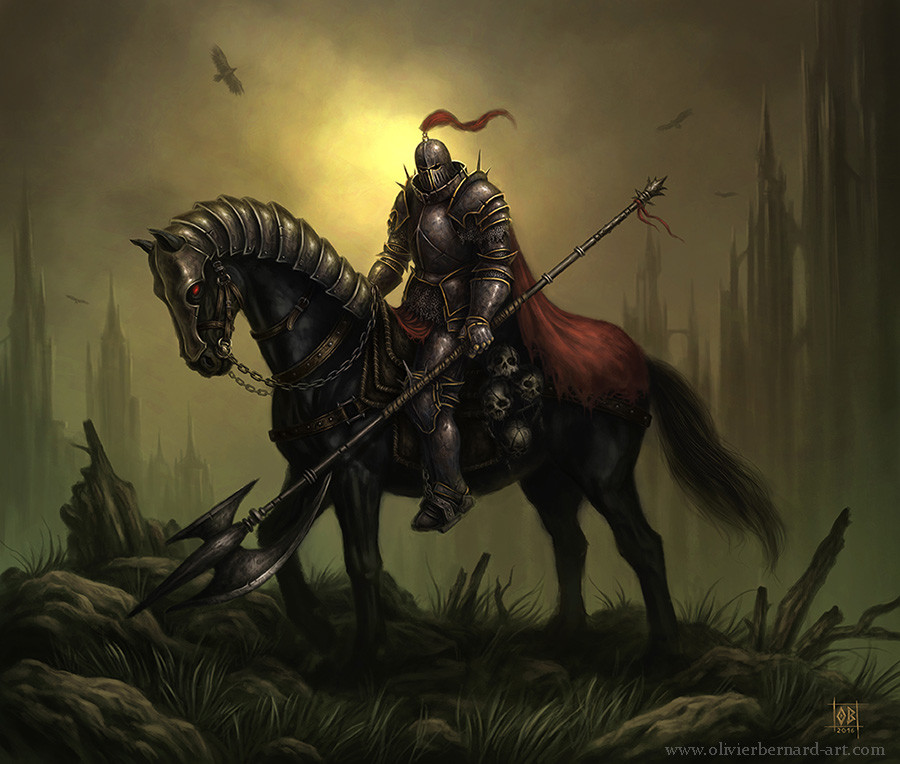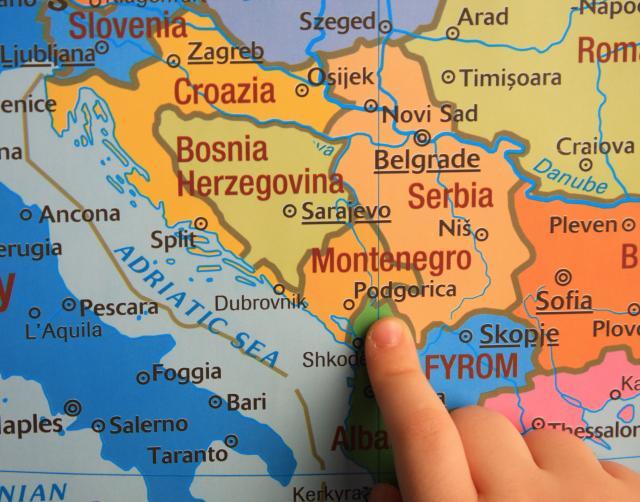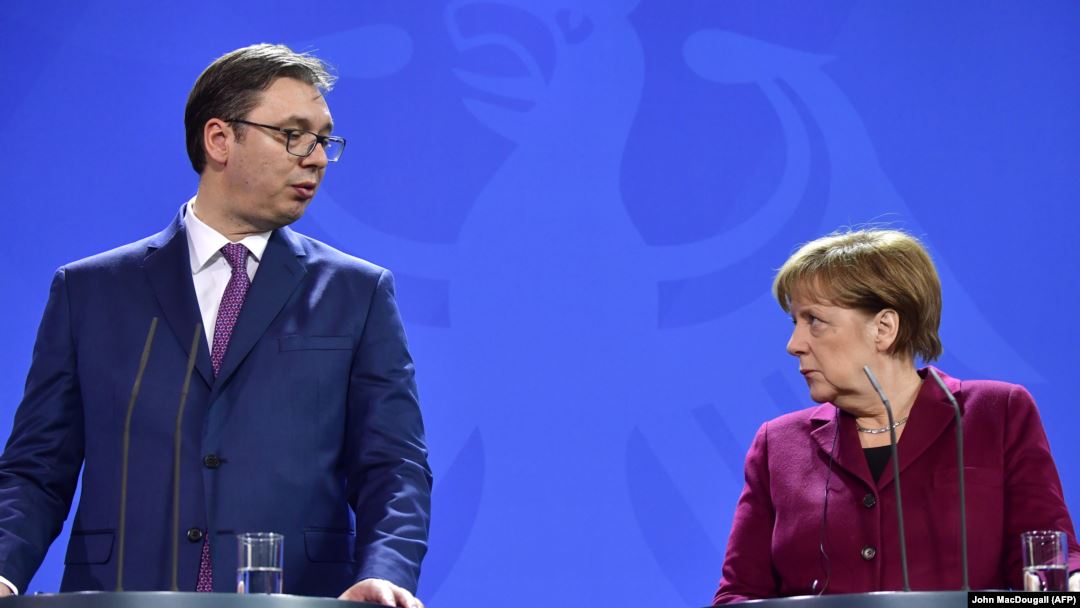Black Knights, Democracy and Authoritarianism in the Balkans

Democracy, or maybe better to say liberal
democracy, is the most popular type of polity set-up world-wide in 21st
century. After the third wave of democratization, as Huntington (1991) coined
it, the highest number of states in the world are considered democracies. The
countries from the Balkans have been part of the third wave of democratization.
Although all Western Balkans states fulfil
minimum requirements to be qualified as democracies, that does not
automatically imply high quality of democracy. Except Croatia, all other
Western Balkans states were designated as transitional or hybrid regimes by
Freedom House Nations in Transit Report (2020). Montenegro and Serbia have changed category
from a semi-consolidated democracies in the previous reports, and all countries
together have recorded lower democracy scores. There are different explanations
for the democratic backslide in the Western Balkans.

The European Union is the most famous external
promoter of democracy among the Balkans’ countries. However, there are negative
external actors which promote autocracy, also called “Black Knights” (Tolstrup,
2014). The most famous Black Knight is Russia in who’s interest is to support
authoritarian leaders. Tolstrup gives two distinct modus operandi of
Black Knights: by boosting various material and strategic resources available
to the autocrat or by undergirding and solidifying regime legitimacy (Tolstrup,
2014: 4). Russia was present in the Balkans also, most notably in the case of
Serbia. Aleksandar Vučić current President, and former Prime Minister of
Serbia, has built very good relationship with Russian president Putin. Vučić enjoyed endorsement by Putin in several elections, which enabled him to show
his invincibility to the electorate. However, not only authoritarian regimes
are black knights, Tolstrup notes that “democratic external actors may also
behave as black knights” (2014: 4). In the case of Serbia, Vucic has also few
times got the endorsement from Germany’s Chancellor Angela Merkel who organized
high-profile meeting with Vučić a day before presidential elections in Serbia
in 2017. on which Vucic was the candidate. This meeting made an impression to
the electorate of Vucic’s invincibility and his policy with no alternative.
These are all elements Tolstrup mentions in his article. In the same manner the
EU member state supported authoritarian rule of Milo Đukanović in Montenegro.
Nevertheless, many authors described support for authoritarian leaders in the
Balkans as EU’s policy for ‘stabilitocracy’.
On the other hand, neighboring
states of Bosnia, namely Serbia and Croatia, have been accused as black knights
undermining Bosnian statehood and reform struggles (Igman Initiative 2020). Serbian
government is keeping good relations with the Republika Srpska while Croatia is
supporting creation of the third entity within Bosnia, which would be Croatian.
This would for sure lead towards more deeper cleavages and maybe even
disintegration of Bosnia and Herzegovina. Leadership of the Republika Srpska is
constantly threatening that they would leave Bosnia and become independent
state, Milorad Dodik, recently elected for Presidency of Bosnia and Herzegovina
refuses to use official flag of the state, Croats lobbying for the third entity
– all of these show how divided Bosnia is. It is so divided that its
functionality is questionable quarter of century after its creation. When there
is no functionality within the state, we cannot talk about the quality of
democracy at all.

In the end, the Balkans region
was never known for the high levels of democracy in its history. However, from
the break-up of Yugoslavia, successor states have been recording improvement
when it comes to the quality of democracy, until recently. Esen is arguing that
Turkey is part of global democratic backslide and classifies it as a
competitive authoritarian regime (Esen & Gumuscu, 2016: 1582). For him,
competitive authoritarian states are not autocratic regimes, but they are not
democracies either. They are somewhere in between. These states have
competition among the political actors, but the competition is not fair. Other
elements of competitive authoritarianism are: uneven media access, politicized
state institutions, uneven access to resources, and violations of civil
liberties (Esen & Gumuscu, 2016: 1585-1594). Observed states from the
Balkans in this paper show same elements of competitive authoritarianism. Some
of them more and some less. Therefore, we can also put Bosnia and Herzegovina,
Montenegro, North Macedonia, and Serbia in the group of countries that
recorded democratic backslide in past decade. Huntington in his famous theory
on waves of democratization has also identified waves of de-democratization
after first two waves of democratization. Maybe current global democratic
backslide can be seen as third wave of de-democratization.